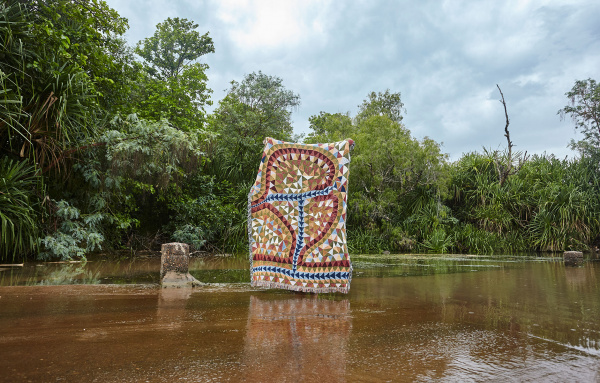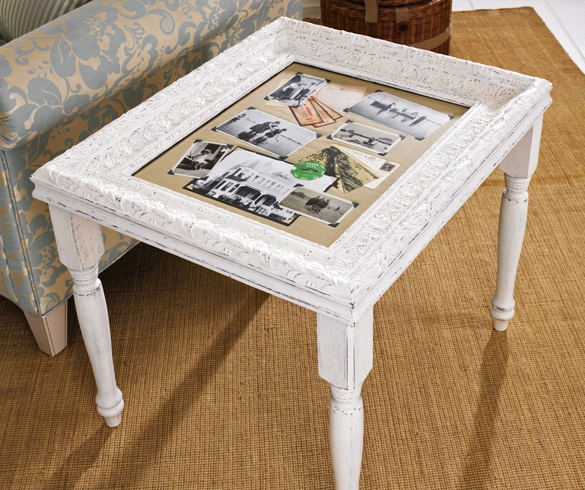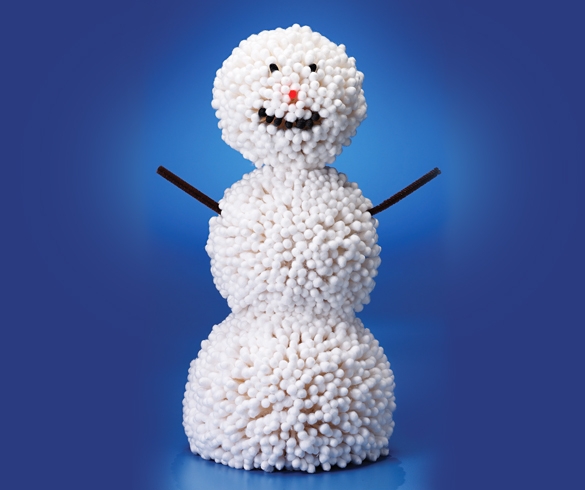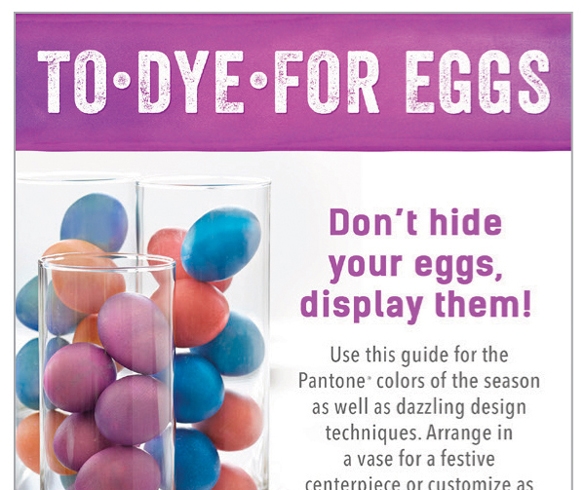Emilia Galatis lives and works on Whadjuk Country (Perth area) right now, but has spent the last fourteen years working in and around remote parts of Western Australia as an arts professional. She supports Indigenous artists and arts centres as a curator, consultant, cultural producer and arts development specialist. Although Flash Minky is a very new business, the concept is the genesis of over a decade of working in remote communities with Indigenous-owned and governed organisations.
‘Creating a passive income for remote Indigenous artists to supplement the highs and lows of the fine art market is something I have wanted to do for a long time,’ she says. Flash Minky is the result of that ambition – a new textile brand creating limited-edition blankets emblazoned with the artworks of eight esteemed and emerging artists from the Kimberly region.
It was this time last year that Emilia finally began the process of bringing Flash Minky to life. ‘I went about contacting artists and art centres to arrange samples to be made to test the product’, Emilia says of the initial process. ‘I then travelled to the communities and showed the artists the physical concept so they could understand the quality and aesthetic of how their artwork translates onto woven textiles. People were really happy!’
John Prince Siddon, a Walmajarri artist working at Mangkaja Arts in Fitzroy Crossing, has have worked closely with Emilia, most notably on a major solo exhibition, All Mixed Up, of painting, sculpture and installation at Fremantle Arts Centre in 2020. ‘I want to share my art with a much wider audience and get people to understand what I am trying to do’, says John. ‘I make work about what I see on TV, my animal heroes and things like that. I really want to get it out there so these blankets and other things help this’
‘I think it’s really interesting that my artwork can be applied to such a product,’ says Tyrown Waigana. ‘I never envisioned it being on the rug, I thought it would be too intense, however I was really surprised how effective it is and how well it turned out. I also like that my artwork is going to be wrapped around people and make them feel comfortable.’
Each blanket is made from recycled cotton with designs licensed by the artist; the designs are capped at 100 reproductions each. Flash Minky was completely self-funded by Emilia, who has set up the business’s financial structure so that the artists and arts centres receive 100% of the net profit (profit after costs incurred), which is about 25% of the retail price.
‘Since Flash Minky is not an Indigenous-owned business, it gives everything it can back – including extending the reach of the selected artists, offering the market new ways of engaging with community groups,’ says Emilia. ‘I see these blankets as a gateway product; hopefully starting people’s journeys into art centres and the integral role they play in remote communities,’ says Emilia. But there are also simpler pleasures to the pieces.
‘I’d love to be sleeping on my art!’ says contributing artist Ben Ward.
Flash Minky blankets are now on sale! You can buy them here.
More about the Flash Minky artists:
Ben Ward is senior Miriwoong artist, and director at Waringarri Arts known for his work depicting the waterways of his Country. Louise Malarvie paints the flood plains and desert rhythms of Jaru Country. Kwini artist Betty Bundamurra is a Ngarinyin, Wunambal and Worrora woman from Kalamburu; her practice draws draws on the ancient rock art of the Kwini and Wandjina people that surrounds Kira Kiro Artists – an off-shoot organisation of Waringarri Arts. Betty paints ancient creation spirit called Gwion Gwion, which are amongst some of the most complex rock art on earth. Minnie Lumai is a Miriwoong woman who was born on Dumbaral Country; she now paints at Waringarri Arts, depicting Dreaming stories as well as significant locations on Country, such as fishing and hunting spots.
Sonia Kurarra is a Walmajarri woman from Noonkanbah who began painting at Mangkaja Arts in the early 90s. Her work includes water motifs: barramundi, stingrays, pandanus trees and running waterways. John Prince Siddon is also a Walmajarri artist working at Mangkaja Arts in Fitzroy Crossing, weaving desert imagery and ancient cosmology. Tommy Ngarralja May is a Wangkajunga and Walmajarri man and esteemed figure in the arts community as well as the winner of the Telstra Art Award at NATSIAA 2020. His deep, rich scenes tell a complex story weaving together personal memories, Dreamtime cosmologies and undocumented history of forced labour on cattle stations in the Kimberley.
Tyrown Waigana (aka Crawlin Crocodile) is a Wadandi, Noongar and Ait Koedhal artist who works across painting, illustration, sculpture, animation and graphic design to explore all the intersecting facets of identity.

The Great Escape by John Prince Siddon. Photo – taken on Miriwoong country, Kununurra by Sarah Landro.

Left: Goorloordoordoog (Dunham River Country) by Ben Ward. Right: Milk Water by Louise Malarvie. Photo – taken on Miriwoong country, Kununurra by Sarah Landro.

Kira Kiro Spirits by Betty Bundamurra. Photo – taken on Miriwoong country, Kununurra by Sarah Landro.

Jesus, the Expression by Tywrone Waigana. Photo – taken on Miriwoong country, Kununurra by Sarah Landro.

The Billabong Blanket by Ngarralja Tommy May. Photo – taken on Miriwoong country, Kununurra by Sarah Landro.

Goorloordoordoog (Dunham River Country) by Ben Ward. Photo – taken on Miriwoong country, Kununurra by Sarah Landro.








